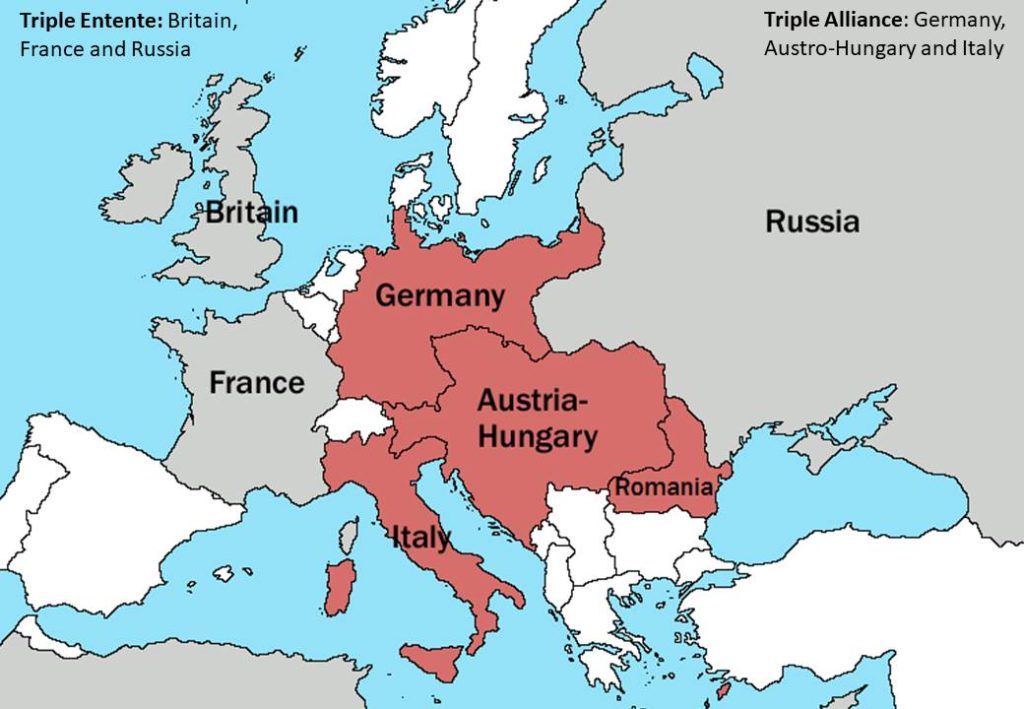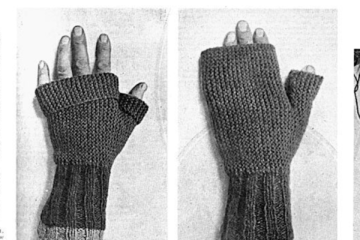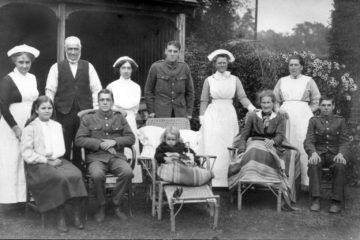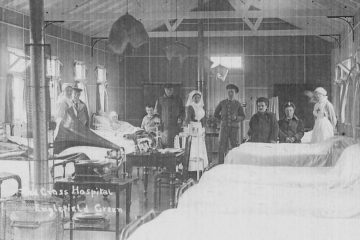In the years before World War One, there were great power rivalries in Europe. Increasing concerns over countries developing military forces large enough to attack empires and imperialism, created mistrust and anxiety. In response, countries formed alliances to help keep this power in balance. There were two key alliances: in 1882 Germany, Austro-Hungary and Italy formed the Triple Alliance; Britain, France and Russia created the Triple Entente in 1907.

Image Credit: Nydas at English Wikipedia [Public domain], via Wikimedia Commons)
In 1908, Austria annexed the provinces of Bosnia and Herzegovina from the Ottomans. Serbia objected to this and secured Russian backing, while Germany backed Austria. Tensions between Serbia and Austro-Hungary by this time, were precarious. So when, on 28th June 1914, Archduke Franz Ferdinand, heir to the Austro-Hungarian throne visited occupied Bosnia on what was Serbia’s National Day, it was seen as a direct insult to the Serbs. Archduke Franz Ferdinand was assassinated by a Bosnian-Serb, Gavrilo Princip who claimed to be acting on behalf of Serbian nationalism in attempting to liberate Bosnia away from Austro-Hungary. Austria, supported by Kaiser Wilhelm II of Germany, accused Serbia of planning the assassination and begins preparing for war. Serbia contacted its ally Russia, who also asked France for support. The two great empiric alliances were precariously poised for war.
Britain was not required by any treaty to support France or Russia in the event with war Germany. In fact, many British politicians were against intervention, and so no action was taken when Austria declared war on Serbia on 28th July 1914. Many felt that another war on the continent at this time would be fought in the traditional style; that of the cavalry acting as scouts, artillery shelling fortified positions and infantry fighting the main battles with rifles, believing it would be finished within a few months. In the nineteenth and twentieth centuries, war was often seen to define nations and was deemed necessary; sometimes even glorious.
On 31st July 1914, the International Women Suffrage Alliance (IWSA), founded in 1902, circulated its International Manifesto of Woman to the Foreign Officer. Among those who signed was Millicent Garret Fawcett, the President of the National Union of Women’s suffrage Societies (NUWSS).
We, the women of the world, view with apprehension and dismay the present situation in Europe… In this terrible hour, when the fate of Europe depends on decisions which women have no power to shape we, realizing our responsibilities as the mothers of the race, cannot stand passive by. We […] appeal to you to leave untried no method of conciliation or arbitration for arranging international differences to avert deluging half the civilized world in blood.
Russia and France had mobilised their troops for war by 31st July and when Tsar Nicholas II refused to stand down, Germany and Austria declared war on Russia. Britain was still not officially at war with any country at this point. It wasn’t until German troops invaded Belgium (because they refused them entry in order to attack France as part of The Schlieffen Plan), that Britain was obligated by the Treaty of London, dating back to 1839, to protect Belgium’s sovereignty.
When the announcement came that Britain had officially entered into war at 11pm on 4th August 1914, it was received with great enthusiasm by many but there was also caution and the reality of what was to come:
The situation is absolutely unparalleled in the history of the world. Never before has the war strength of each individual nation been of such great extent, even though all the nations of Europe, the dominant continent, have been armed before. Attack is possible by earth, water & air, & the destruction attainable by the modern war machines used by the armies is unthinkable & past imagination. (Vera Brittain’s War Diary, 4th August 1914).

Image Credit: Imperial War Museum



0 Comments